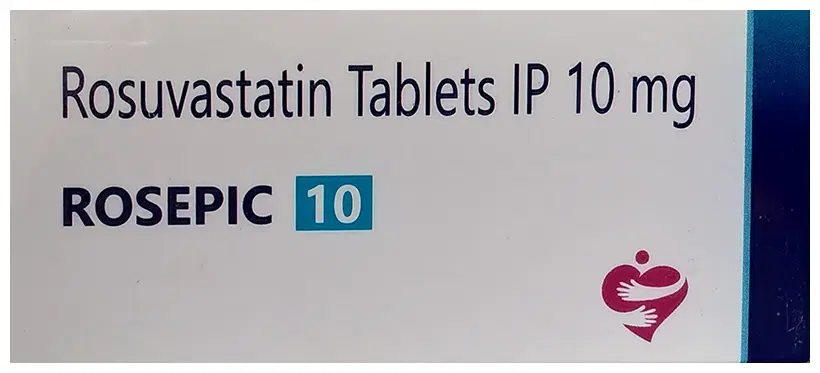Blood cancer (acute lymphocytic leukemia)
Acute Lymphocytic Leukemia (ALL) is a type of blood cancer that affects the white blood cells, which are an essential part of the immune system. In ALL, the bone marrow produces abnormal lymphocytes, a type of white blood cell, instead of the usual blood cells. These abnormal cells accumulate in the bone marrow and bloodstream, impairing the production of red blood cells, platelets, and healthy white blood cells.
Typical symptoms of ALL include fatigue, frequent infections, swollen lymph nodes, bone pain, and unexplained bruising or bleeding. Diagnosis is confirmed through a combination of blood tests, bone marrow biopsy, and imaging studies.
Treatment for ALL usually involves a combination of chemotherapy, targeted therapy, and sometimes radiation therapy. Chemotherapy is the most common treatment, using drugs to destroy cancer cells. Targeted therapy focuses on specific features of cancer cells, while radiation therapy uses high-energy particles to kill cancer cells.
The prognosis for patients with ALL has significantly improved over the years, with advances in treatment options and supportive care. Regular monitoring and follow-up appointments are crucial to ensure the best possible outcome for patients.

Showing 1–12 of 22 results
Showing 1–12 of 22 results









